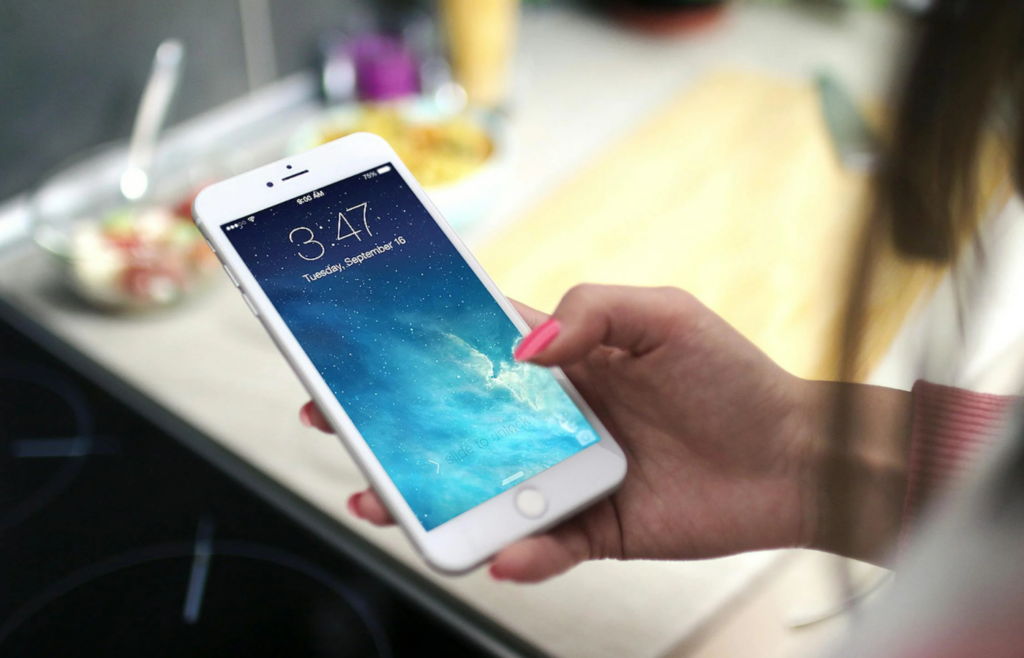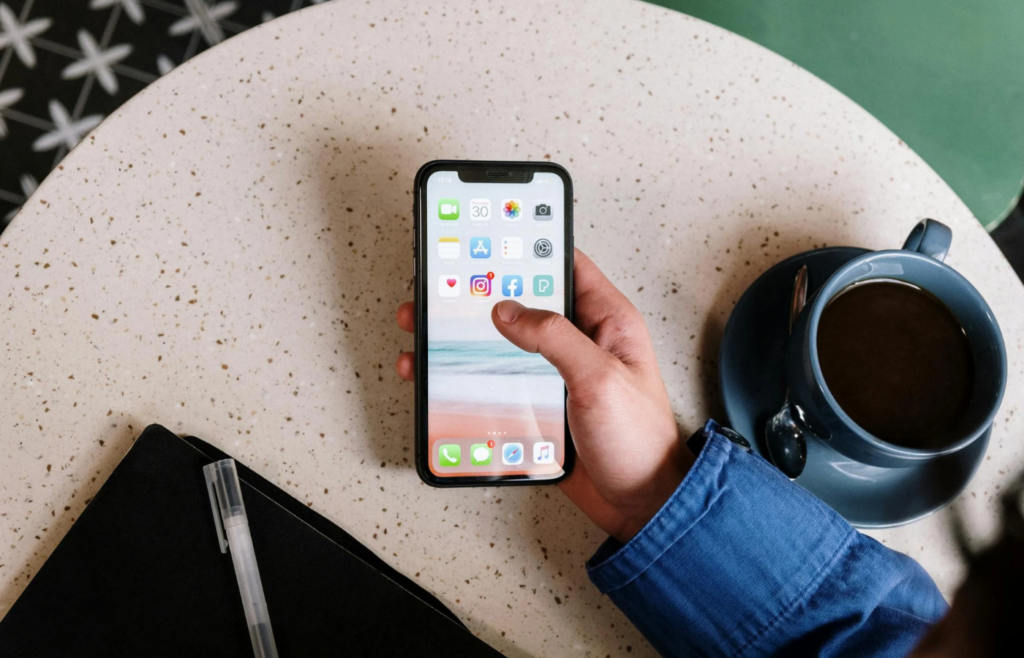In a world dominated by constant digital distractions, many are taking proactive steps to reclaim their time and mental well-being. From simple daily habits to community-driven initiatives, people are finding effective ways to combat tech overload.
Here are ten practical strategies individuals are employing to push back against the relentless pull of technology.
1. Establishing Tech-Free Zones

Designating specific areas in the home, such as the dining room or bedroom, as tech-free zones encourages face-to-face interactions and promotes relaxation without screen interference. This practice helps individuals reconnect with their surroundings and loved ones.
2. Scheduling Regular Digital Detoxes

Setting aside specific times each day to disconnect from digital devices allows individuals to recharge and be more present in the moment. Whether it’s during meals or before bedtime, these breaks can significantly reduce digital distractions.
3. Utilizing Apps to Limit Screen Time

Leveraging technology to combat overuse by installing apps that track and limit screen time can be effective. Tools like Freedom or Stay Focused help users stay accountable and reduce unnecessary usage.
4. Engaging in Offline Activities

Participating in activities that don’t involve screens, such as reading, exercising, or pursuing a hobby, provides fulfillment and reduces the urge to check devices constantly.
5. Practicing Mindfulness and Meditation

Incorporating mindfulness practices into daily routines helps individuals become more aware of their digital habits. Meditation can improve mental clarity and foster a healthier relationship with technology.
6. Communicating Digital Boundaries

Informing friends, family, and colleagues about digital detox plans sets expectations and helps others respect boundaries, supporting efforts to unplug.
7. Removing Tempting Apps

Identifying apps that consume most of one’s time and considering deleting them or moving them off the home screen can decrease impulsive usage.
8. Creating Morning and Evening Routines Without Screens

Starting and ending the day without digital devices, by engaging in activities like journaling, stretching, or reading, sets a positive tone and promotes better sleep.
Read More: 10 Wearable Health Devices That Could Save Your Life
9. Seeking Support from a Digital Detox Buddy

Partnering with someone who also wants to reduce screen time provides mutual encouragement and accountability, making the process more manageable.
Read More: Fitness Meets AI: How Wearable Tech is Revolutionizing Workouts
10. Reflecting on Digital Habits Regularly

Taking time to assess technology use and its impact on life helps identify areas for improvement and reinforces positive habits.
Implementing these strategies can lead to a more balanced and fulfilling life, allowing individuals to regain control over their digital consumption and enjoy meaningful experiences.
Read More: Augmented Reality Glasses: Are They Finally Worth It?

